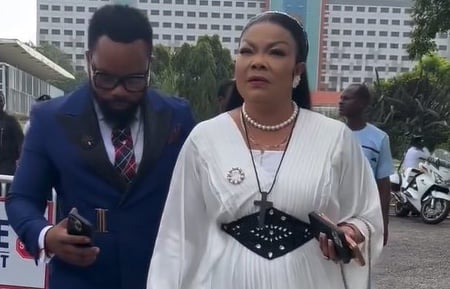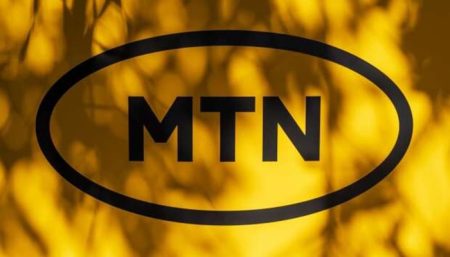The Ghana National Association of Small Scale Miners has painted a stark picture of the licensing landscape within the small-scale mining sector, revealing a pervasive lack of proper documentation among miners. Their assessment indicates that a staggering 92% of small-scale miners operate without the necessary licenses, leaving a mere 8% operating within the legal framework. This alarming statistic highlights a significant challenge in regulating the sector and underscores the potential for widespread illegal mining activities with their accompanying environmental and social consequences. The Association points to bureaucratic hurdles within the licensing process as a primary driver of this issue, suggesting that the complexity and difficulty in obtaining the required permits push miners towards illegal operations.
Adding to the bureaucratic challenges, the Association also implicates political interference as a contributing factor to the licensing predicament. This interference, though not explicitly detailed, likely manifests in the form of favoritism, corruption, or undue influence in the licensing process, further complicating the path for legitimate miners seeking to operate legally. The confluence of these factors – bureaucratic obstacles and political meddling – creates an environment conducive to illicit mining activities, as miners frustrated by the formal system are driven towards unregulated operations. This, in turn, contributes to environmental degradation, as illegal miners often disregard environmental regulations and engage in destructive practices.
The lack of proper licensing and the resulting surge in illegal mining pose a serious threat to Ghana’s environment. Illegal mining operations often employ crude and environmentally damaging methods, including the use of mercury and other toxic chemicals, leading to water pollution, deforestation, and land degradation. These practices not only destroy vital ecosystems but also pose significant health risks to communities living near mining sites. The uncontrolled excavation and processing of minerals can contaminate water sources, impacting both human health and agricultural activities. Moreover, the destruction of forests contributes to climate change and loss of biodiversity.
The Ghana National Association of Small Scale Miners has called upon the government to address this critical issue by implementing a more robust and streamlined licensing system. They advocate for a system that not only facilitates the acquisition of licenses but also promotes responsible mining practices. This entails simplifying the bureaucratic procedures involved in obtaining permits, reducing the opportunities for corruption and political interference, and strengthening enforcement mechanisms to ensure compliance with environmental regulations. A more efficient and transparent licensing regime would encourage miners to operate legally, bringing them within the regulatory framework and facilitating oversight of their activities.
Beyond streamlining the licensing process, the government also needs to invest in education and training programs for small-scale miners. These programs should focus on promoting sustainable mining practices, emphasizing the importance of environmental protection, and providing miners with the necessary skills to operate responsibly. By equipping miners with the knowledge and tools to minimize their environmental impact, the government can foster a culture of responsible mining within the sector. Furthermore, providing access to credit and other financial resources can empower small-scale miners to invest in environmentally sound technologies and practices.
Addressing the licensing crisis within Ghana’s small-scale mining sector requires a multifaceted approach that tackles both the bureaucratic and political challenges. By simplifying the licensing process, eliminating political interference, and promoting responsible mining practices through education and support, the government can create a more sustainable and environmentally sound mining sector. This will not only benefit the environment but also improve the livelihoods of small-scale miners and contribute to the overall economic development of the country. Failure to address this issue will have long-lasting consequences for Ghana’s environment, economy, and social fabric.










